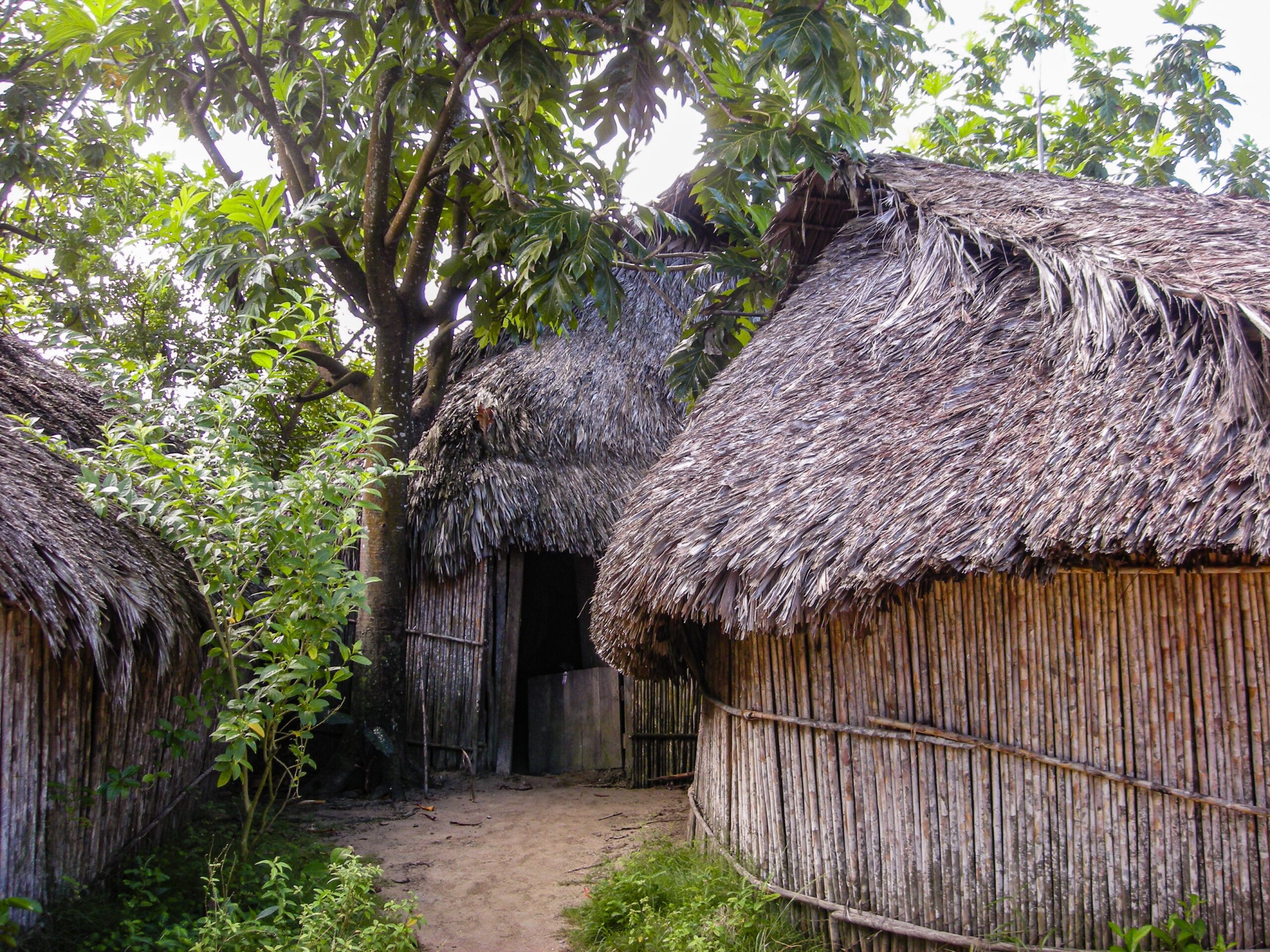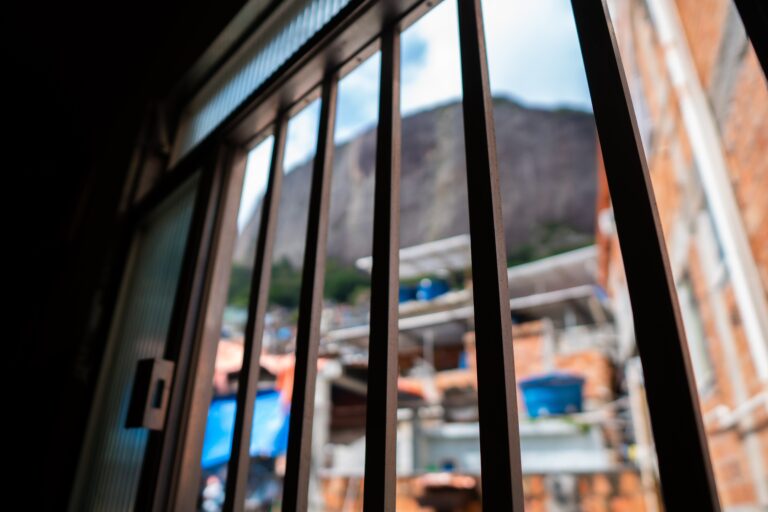The repetition of history is pointless if it is taught as something ‘dead’, overly generalised and irrelevant to understanding our current social reality and the way we envision the future of our Caribbean nations. But Dr. John Campbell ensured that history was not a sleeping class or a pointless subject area. The first time I saw him, he proclaimed, “No Caribs, No Arawaks”, exploding the myth of cannibalism and essentially peaceful social organisations of indigenous people. Indeed, for people in Trinidad and Tobago, Carib is a brand of beer and Arawak produces chicken. For Campbell, myths had no place in the minds of his students and more broadly, they undermined the serious and purposeful development of a Caribbean Civilisation. Then we learnt about Tainos and Kalinagos.
While colonising powers remain in the form of global economic and cultural hegemony, Campbell was determined to teach that it was our duty to be willing, and not lazy, to engineer a Caribbean civilisation relevant to the needs, aspirations and history of Caribbean people. Imagine walking into a class with hundreds of students, most in their first year, most upset that that they are “forced” to learn Caribbean history as a foundation course. Then a young lecturer with fluorescent eyes that became the subject of intense debate (real or nah?), entered the lecture room like a performer on stage. Jokes, joke after joke. He was nothing short of a comedian disguising himself as a history lecturer. For him, humour was the medium through which he explained historical content. Indeed, this was necessary in the past ten years, to a growing campus population of seventeen, eighteen and nineteen year olds who matriculated at The UWI but entered with as much preparedness as a Form 7 instead of a post-secondary school phase.
Dr. Campbell passed away on January 11, 2018. For those who saw him in recent years, they would have seen the decline in his bodily health. Also, they would have seen his crippling body struggle to cross long hallways, across rooms and even up flights of stairs. This determination he exhibited in his physical struggles were the same as he put out for his students in the classroom. In the weeks to come, I am sure faculty and fellow historians will provide an overview of the significance of his scholarly contributions.
Interestingly, digital history mattered to Campbell. He saw it as giving a “…much needed boost to Caribbean historical representation” (Campbell 2012, 94). While he was aware of its limitations and challenges, he harnessed the potential of new technologies in the classroom – CD Rom, videos and eventually advancing the university-wide delivery of the foundation course Caribbean Civilisation as part of the ONE UWI initiative. It is no surprise therefore that student generated book reviews are what come up first and dominate the search in Google based on his publication Beyond Massa: Sugar Management in the British Caribbean, 1770-1834 (2012), once a class assignment.
Many students fresh out of 6th form school detested Caribbean Studies. As someone invested in that area, I know the struggle we’re going up against. Students with ambitions to be medical scientists and engineers are usually last on the sign-up sheet for anything that has to do with history. This has less to do with appreciating the importance of history and more to do with the failure of Caribbean studies teachers at the secondary school level. Dr. Campbell invited hundreds into his fold and at the end of the semester, most were believers in a Caribbean Civilisation.
Most lecturers at The UWI are not the best at teaching, but this is not a UWI problem, this holds true for universities globally. Just because you are trained in a discipline, it does not mean that you’re automatically gifted at delivering knowledge within it. Sadly, many lecturers think they are good…but if you’ve sat in a Caribbean Civ. lecture with Dr. Campbell, dey not in his class!
As we bid farewell to the good Dr., I ask that you remember him, the discipline which he taught, the Faculty of Humanities and Education, the significance of history, and the demand we must make of all educators and political leaders – history matters. And where we come from matters. In the words of Rex Nettleford:
“It is fashionable nowadays to tell ourselves that history does not matter, that we must not dwell on slavery since it is gone, that the conquest of the future with its computers and high technology is far more important than the human dimensions of contemporary social and economic drift. But I hope those who want to conquer that technology know how to count from one to ten. Knowledge of the fundamentals is critical in human progress. Knowledge of where we are coming from is crucial to plans for the future. And where we are coming from has to do with the mass of the population who are the real people in this land.” (Nettleford 1986, 2)





Thanks…that was a great article…He was the best Lecturer I encountered. Long may he be Remembered
Thanks for your kind words. You are a proud product of the system to which my brother aspired towards and subscribed to. Well done!
Cheers